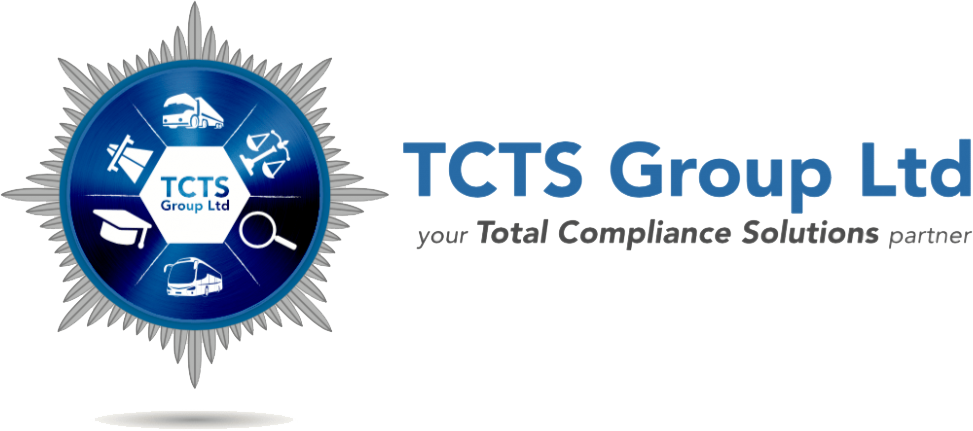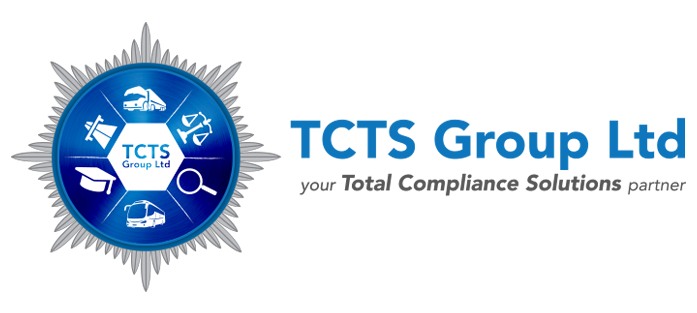WHAT IS A PUBLIC INQUIRY?
A public inquiry is a formal tribunal hearing, where a traffic commissioner (in GB and Transport Regulation Unit in Northern Ireland) is the decision maker.
There are three main types of public inquiry -
Those held to determine licence applications;
Reviews of operating centres (for goods operator licences only); and
Those held for regulatory reasons, where the future of transport operations will be considered.
Public inquiries are usually held in person, similar to a court or other tribunal. In certain cases, a traffic commissioner / TRU may decide to hold an inquiry remotely with parties attending virtually (on-line). However, ‘in person’ hearings as the most common type.
When hearing an application, the traffic commissioner will consider evidence from the applicant and if required any valid opposition to the application. This may involve consideration of evidence from the operator and usually evidence provided by the Driver and Vehicle Standards Agency (DVSA) / Driver Vehicle Agency (DVA) and/or other enforcement bodies.
WHO SHOULD ATTEND THE PUBLIC INQUIRY?
If the operator/applicant is a sole trader or partnership (including a limited liability partnership), the owner or partners should attend the inquiry. In the case of a company or LLP, at least one director should attend. If the company or LLP wishes to send a senior representative it should first seek permission from the traffic commissioner and will need to provide written authorisation from the board of directors to represent the company at the inquiry. An inquiry may be adjourned or the case may proceed without the ability to make representations, should this authorisation not be provided.
Failure to attend the inquiry could result in the traffic commissioner determining the case in your absence.
Any party to an inquiry can ask that someone represent them at that hearing. This can be a qualified advocate: Counsel (barrister in England and Wales or member of the Faculty of Advocates in Scotland), or a solicitor.
Anyone else, including a transport consultant can only speak if the agreement of the traffic commissioner is obtained in advance.
Why Chose TCTS Group ?
Apart from being both the industry leader and an authority in this sector, we also host a wide range of Expert Witnesses, Transport Solicitors and Barristers. This includes our APA Partnerships (Authorised Associates | Providers and Agents).
But most importantly, it is our 25 + years of specialist ‘Real Life - on the job’ experience throughout Ireland, the UK and Europe that has yet to be matched.
Find out more about us on the home page.
Advice and Guidance from the Traffic Commissioners Office:
Before entering any agreement to be represented you should ensure that your proposed representative has a good knowledge of operator licensing legislation and the requirements of the traffic commissioners.
These are specialist matters and not all lawyers or consultants will have sufficient experience to represent you effectively. If you are a member of a trade association, they may be able to recommend a representative to you.
If you are contacted by someone wishing to represent you, you should try to establish their experience before making any agreement. You might do this by asking for references from previous clients or asking them to explain guidance contained in the Statutory Documents issued by the Senior Traffic Commissioner. The Office of the Traffic Commissioner is unable to make recommendations of representatives, but can confirm factual information, such as whether a particular representative is known to the traffic commissioner and whether they are likely to be approved to represent you at the public inquiry.
Once appointed your representative should familiarise themselves with the facts of the case and the traffic commissioner should be advised in advance of the name of the person who will be attending.

